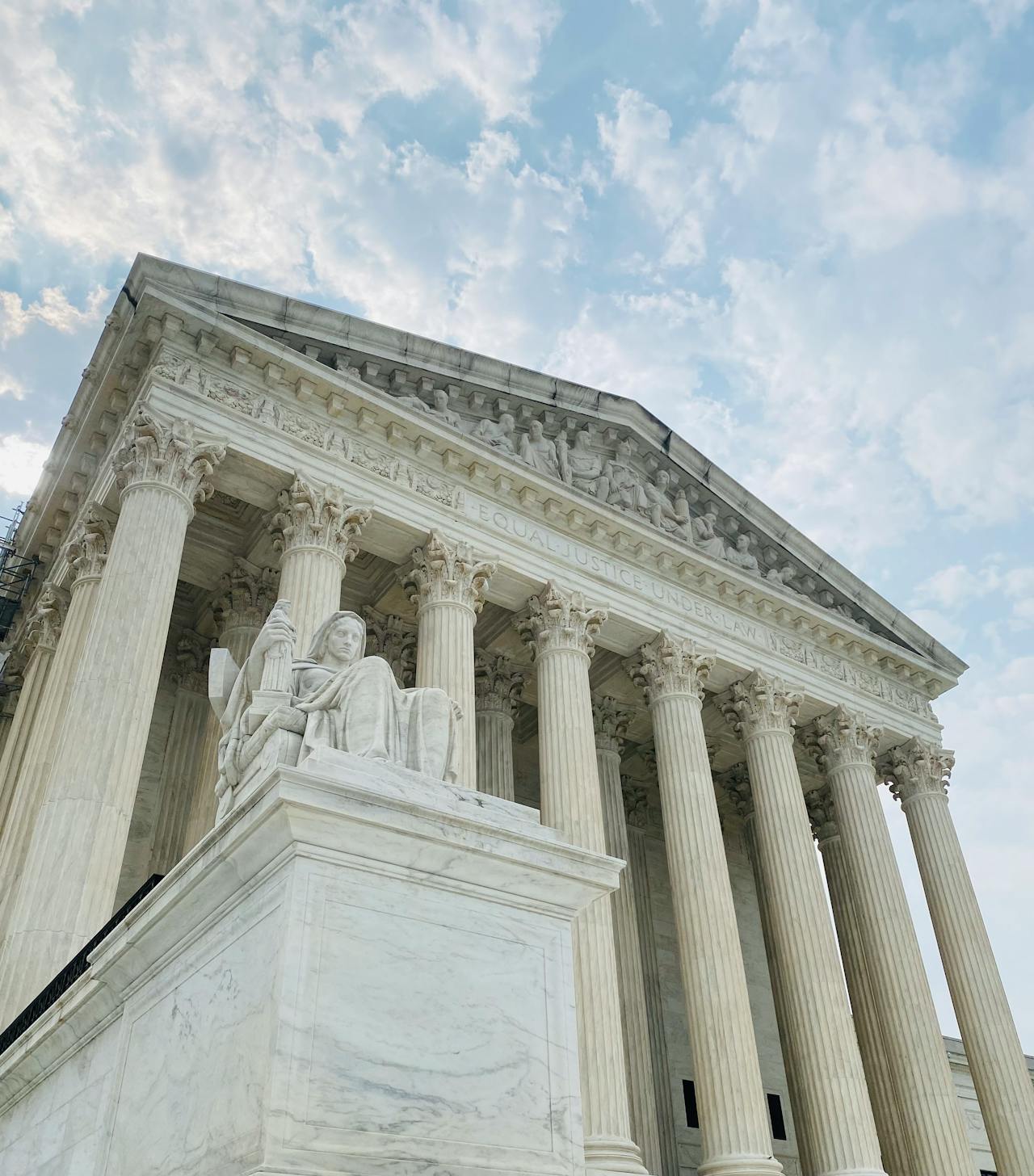Hospital groups are celebrating a federal judge’s initial ruling against pharmaceutical makers who contended a government block on 340B Drug Pricing Program rebate models was unlawful.
Judge Dabney Friedrich, of the U.S. District Court for the District of Columbia, on Thursday denied motions for summary judgment brought by drugmakers Eli Lilly, Bristol Myers Squibb and Novartis as well as tech vendor Kalderos.
The plaintiffs, whose separate cases have been heard together, had asked the court to quickly toss the Health Resources and Services Administration’s (HRSA’s) determination that they could not implement after-the-fact rebates for 340B drug transactions without an explicit green light from the Department of Health and Human Services (HHS) secretary (previously Xavier Becerra, now Robert F. Kennedy Jr.).
The companies have argued such an approach is necessary to bring greater accountability to the statutorily required drug discount program, the use of which has grown substantially among providers in recent years.
Another plaintiff, Sanofi, had its motion for summary judgment only denied in part. Here, Friedrich noted that the drugmaker’s unique plan for a credit model and patient eligibility conditions to counter the suspected abuse were inadequately addressed by the government during an April 29 hearing. The judge vacated parts of HRSA’s Dec. 13 violation letter to the company and remanded to the agency for further consideration.
In each of the cases, the HRSA and the HHS had asserted their authority to require the secretary’s approval and continued to do so shortly after the change of guard. But despite the initial pushback and largely favorable ruling, the administration’s final stance on whether it will ultimately allow the rebates is still an open question.
The government, in a May 2 filing, said it “continues to carefully evaluate its options alongside ongoing efforts to address 340B program integrity matters and keeping in mind the approaching effective date of certain Inflation Reduction Act requirements. The Department expects to be in a position to provide guidance for stakeholders in thirty days.”
The 340B program was enacted by Congress over 30 years ago to help subsidize safety-net care providers by manufacturer discounts on most drugs administered in the outpatient setting by covered entities.
More than 60,000 total covered entities were participating as of February 2025 with federal and proprietary data from 2023 suggesting that the roughly $66.3 billion in discounted outpatient drugs purchased through the program would have hit $124.1 billion wholesale, according to a recent investigative report from Sen. Bill Cassidy, M.D., R-La.
Johnson & Johnson was the first last year to say it would swap out upfront drug discounts for after-the-fact rebates, initially for two of its products. The policy was denounced by hospital groups, which warned that delayed discounts would weigh down financially struggling hospitals, but shortly after was emulated by other drugmakers.
Becerra’s HRSA sided with the hospitals, telling drugmakers the models were a violation of the 340B statute and could lead the HRSA to pull their Pharmaceutical Pricing Agreement and impose civil monetary penalties. The companies complied but, shortly after, filed their lawsuits.
Thursday’s ruling earned a warm reception from hospital associations, which used the moment to lobby the administration for a continued hard stance against the rebate models.
“HRSA has rightfully seen through these proposals, which undermine hospitals’ ability to fulfill [340B] program intent,” Bruce Siegel, M.D., president and CEO of America’s Essential Hospitals, said in a statement. “They are not attempts to improve compliance but rather money grabs to reduce access to discounts. … There is certainly adequate justification for rejecting these proposals, and we are confident HRSA’s final decisions for four manufacturers and reconsideration of Sanofi will demonstrate that.”
American Hospital Association General Counsel and Secretary Chad Golder, in a statement, warned that “If HHS changes course now, America’s most vulnerable patients will suffer. Hospitals cannot afford to bear the administrative costs that the drug companies will inflict on them with their rebate models, nor can they afford to advance millions of dollars to these drug companies for any period of time, as the rebate models would force hospitals to do.”
340B Health, which represents over 1,600 hospitals participating in the program, and had intervened in the case alongside some members as defendants, echoed the praise for Friedrich’s ruling and underscored the practical impact of a policy shift on the issue.
“340B hospitals provide 77% of Medicaid hospital care and 67% of uncompensated care in the U.S.,” Maureen Testoni, the group’s president and CEO, said in a statement. “Without vital 340B savings, many hospitals will be forced to scale back or eliminate programs, leaving patients and communities without access to affordable care. The rebate model would force some hospitals to reduce their current level of services and support that their patients need.”
The drugmakers’ view that 340B has grown beyond its intent has support in Congress, especially in light of investigative reports finding some health systems benefiting from the program appeared to pass few of the savings along to underserved communities.
Cassidy’s investigation—which included data submissions from two hospital covered entities, two federally qualified health center covered entities, two contract pharmacies and three drugmakers—broadly reaffirmed the evidence for increased provider utilization and called for legislation requiring greater transparency via annual reports on how savings are being used for patient benefit. It also advocated for legislation to more clearly define eligible patients and contract pharmacies’ use of the inventory replenishment model.
Publisher: Source link










